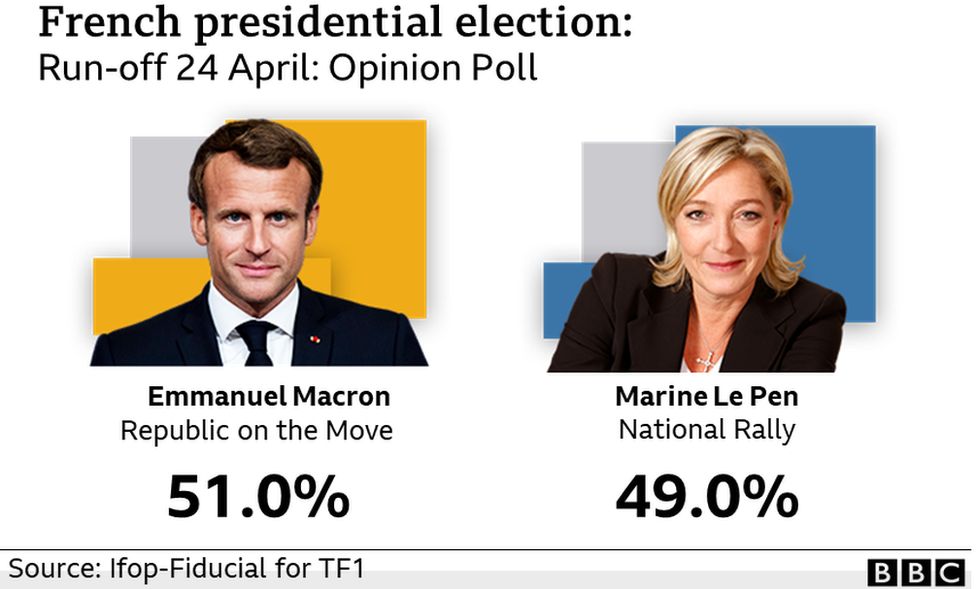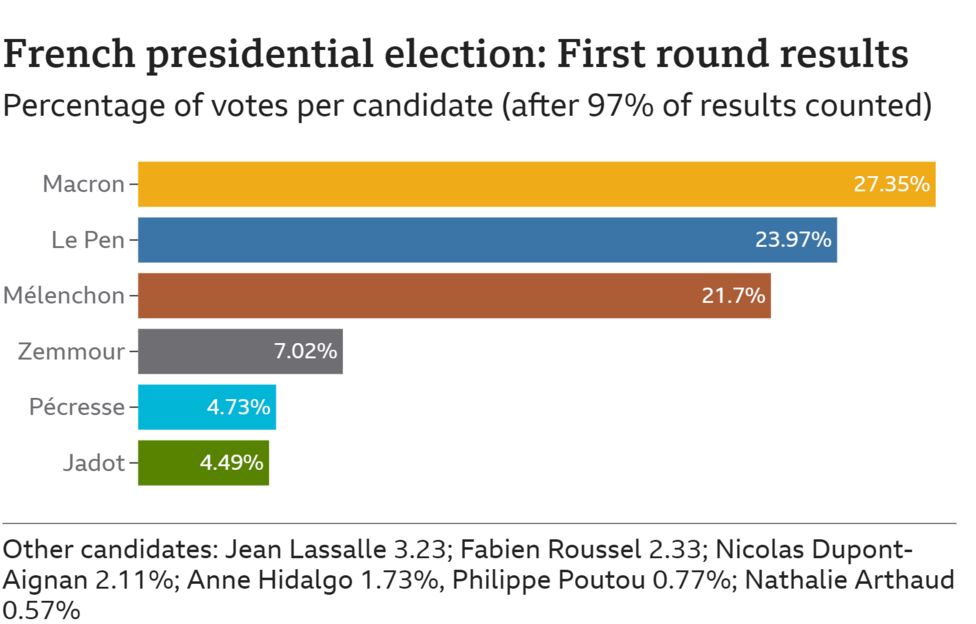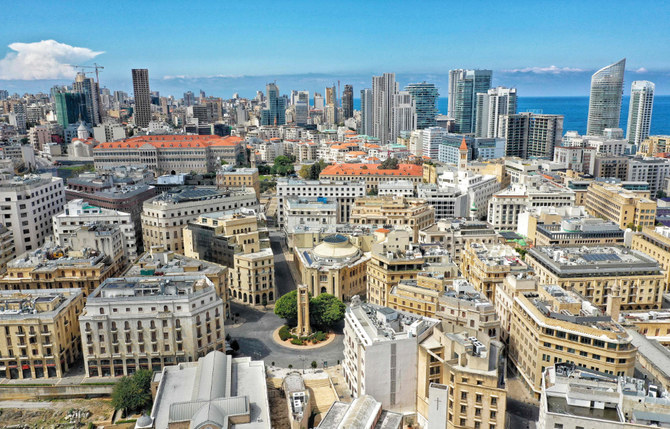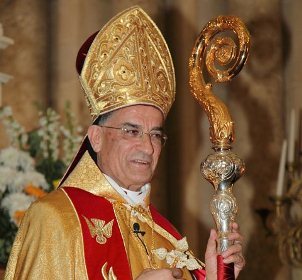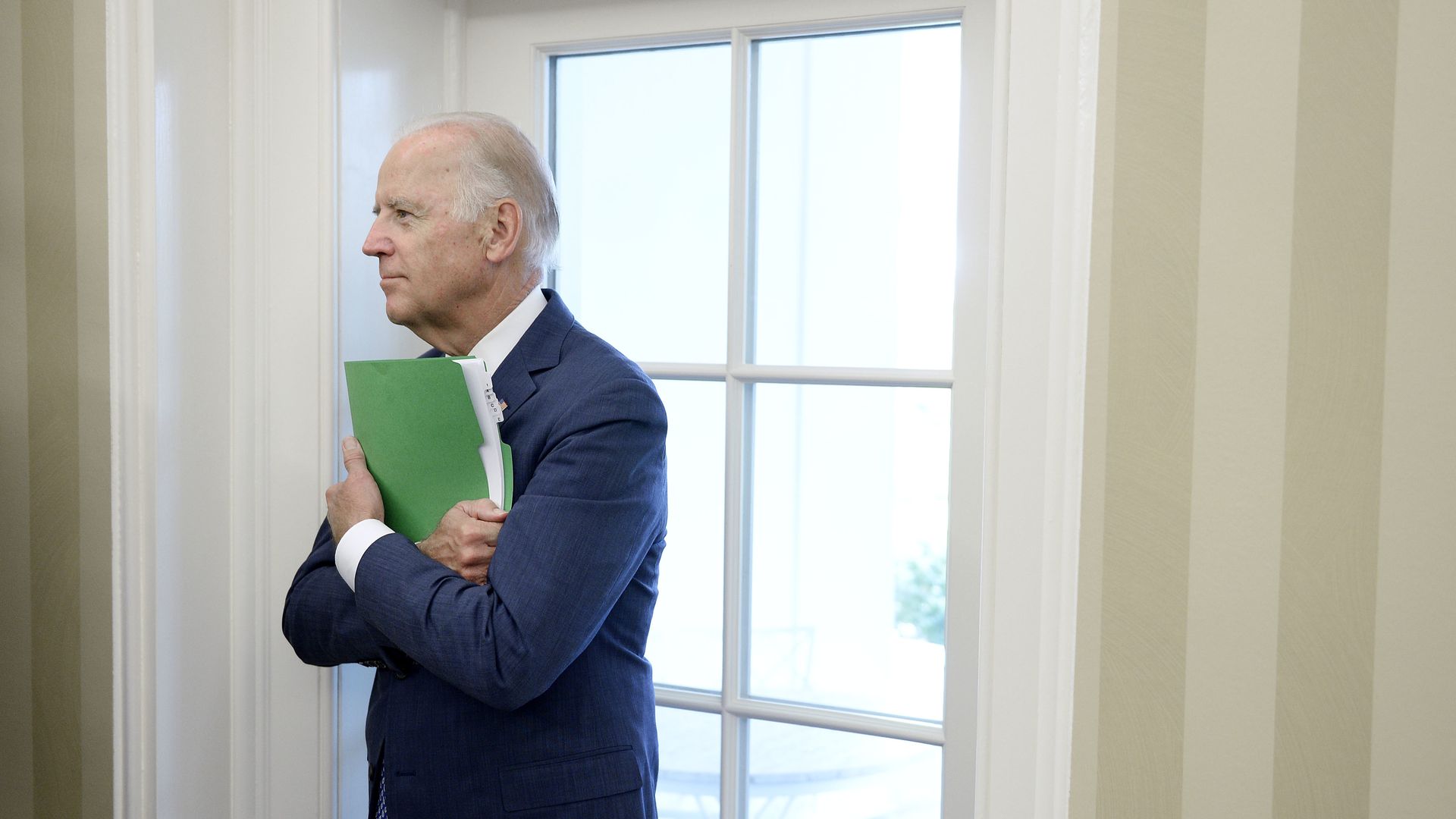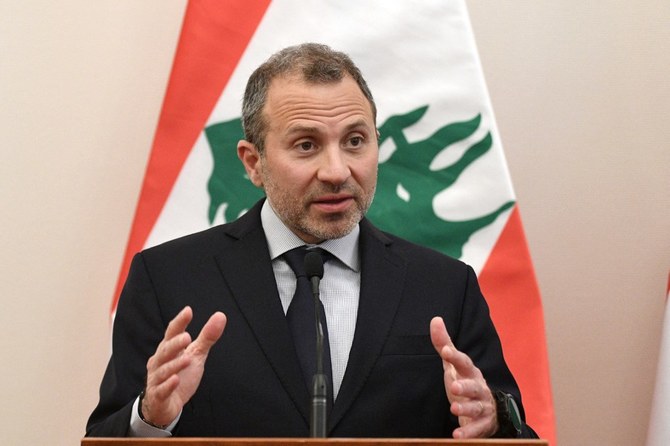
by Source:Sawt Beirut International — MP Amal Abu Zeid withdrawal from the electoral race, has surged an atmosphere of anger among the circles of the Free Patriotic Movement in Jezzine, leaving an electoral gap. Abu Zeid’s withdrawal provoked the head of the movement, Gebran Bassil, as sources close to Abu Zeid confirmed that the son-in-law of the Covenant, requested the intervention of President Michel Aoun to persuade Abu Zeid to reverse his decision. The same sources confirmed to “Sawt Beirut International” website, that Bassil is very resentful of Aswad’s behavior, saying that he is defying the Tayyar, and acting according to his personal interest, ignoring the Tayyar’s electoral interest.
The sources reveal that Aoun urged Abu Zeid to reverse his decision, and that Bassil insisted on Aoun’s intervention to bridle Aswad, because winning in Jezzine is above all considerations. The sources say that Abu Zeid is fully aware of the inability of Aoun and the Tayyarto abandon him, as he is one of the major financiers of the Free Patriotic Movement and its head Bassil. The election campaign needs a lot of money, and Abu Zeid offered a large sum, but Aswad’s behavior towards him is not appropriate, and in all of Aswad’s private sessions he attacks Abu Zeid.
In the same context, the sources indicated that Abu Zeid asked Bassil to suppress Aswad, and in case reversed the decision to withdraw, there are conditions that the movement must implement, which is to give priority to Abu Zeid, and since the movement needs Abu Zeid’s money, the latter also needs the preferential votes that Aswad tries to grab, and ask the supporters of the movement not to vote for Abu Zeid. Source:Sawt Beirut International
Advisor of US-sanctioned former Lebanese FM to be named UN envoy
Al Arabiya — — Lebanon is expected to appoint Gebran Bassil’s former top advisor to be the country’s next ambassador to the United Nations, sources familiar with the matter said, with outgoing President Michel Aoun looking to fill diplomatic posts with figures loyal to him. Hadi Hachem will replace Amal Mudallali, according to the sources who spoke on condition of anonymity because they were not authorized to discuss the matter. For the latest headlines, follow our Google News channel online or via the app. Hachem was previously the Foreign Ministry chief of cabinet during Bassil’s time as Lebanon’s top diplomat.
